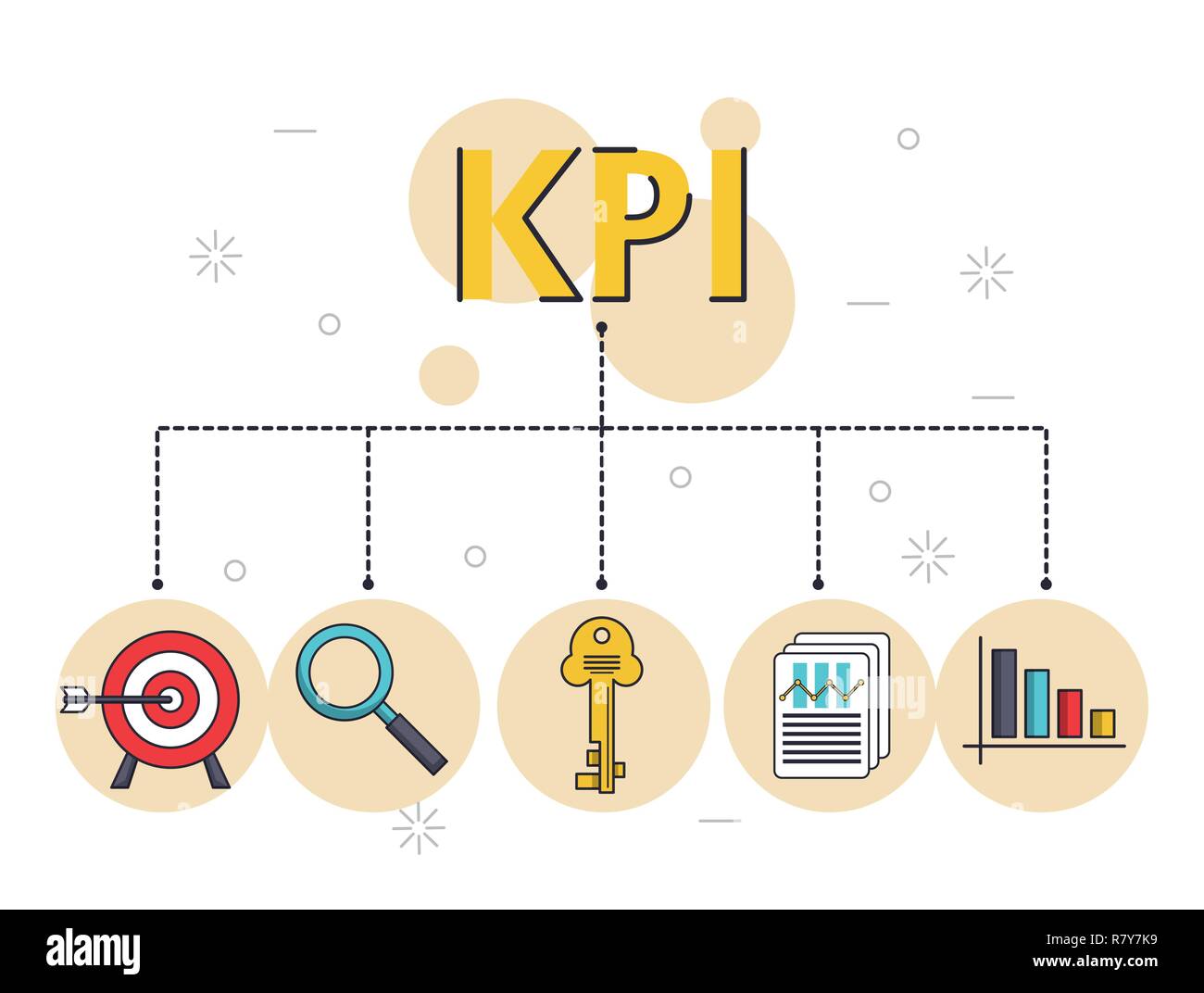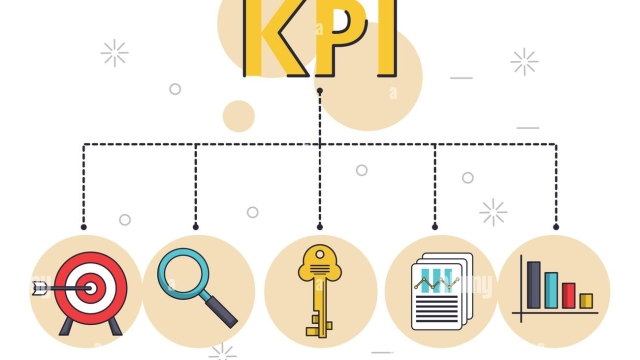
In today’s fast-paced and competitive business landscape, organizations strive to achieve their goals and measure their progress. To do so effectively, they rely on a powerful tool known as Key Performance Indicators (KPIs). These performance metrics provide valuable insights into various aspects of a company’s performance, enabling decision-makers to steer their organizations towards success with precision and foresight.
Key Performance Indicators are quantifiable measures that reflect the critical success factors for a business, department, or individual. These indicators act as a compass, providing guidance and highlighting areas of strength and areas that need improvement. By tracking KPIs, organizations gain the ability to monitor progress, identify trends, and make data-driven decisions to align their efforts with strategic objectives.
Implementing a robust KPI framework unlocks a multitude of benefits for organizations of all sizes and industries. First and foremost, KPIs provide a clear and concise understanding of performance at a glance. By defining and tracking relevant indicators, businesses gain visibility into key operational and financial metrics, enabling them to make informed decisions and allocate resources effectively.
Moreover, KPIs foster a culture of accountability and performance excellence. When individuals and teams have access to their own performance indicators, they become more motivated to achieve targets and contribute to overall organizational success. This culture of transparency and accountability enhances collaboration, fosters innovation, and empowers employees to take ownership of their work.
In this article, we will delve deeper into the world of Key Performance Indicators, exploring essential concepts, best practices for choosing and implementing KPIs, as well as case studies highlighting their transformative power. Join us as we unravel the potential of KPIs and learn how they can unlock success for businesses in today’s dynamic and ever-evolving world.
Understanding Key Performance Indicators
In the business world, Key Performance Indicators (KPIs) play a crucial role in measuring and assessing the success of an organization or individual in achieving specific goals. KPIs are essentially quantifiable metrics that provide valuable insights into the performance and progress of various aspects of a business.
KPIs act as a compass, guiding businesses and professionals towards their objectives by offering clear and measurable targets. They help organizations monitor their performance, identify areas of improvement, and make informed decisions based on data-driven analysis. By defining and tracking relevant KPIs, businesses can effectively measure their success or identify areas that require attention.
Moreover, KPIs serve as a means of communication between stakeholders, enabling them to have a common understanding of the objectives and the progress being made towards them. With well-defined KPIs in place, organizations can align their efforts and resources towards achieving the desired outcomes.
While the specific KPIs may vary across industries and roles, they generally revolve around key areas such as sales, customer satisfaction, financial performance, and operational efficiency. Through regular monitoring and analysis of these indicators, businesses can gain valuable insights into their strengths, weaknesses, and opportunities for growth.
In summary, Key Performance Indicators are essential tools that help organizations and individuals gauge their success by measuring specific goals and objectives. By identifying and tracking relevant KPIs, businesses can stay focused, make data-driven decisions, and ultimately unlock their full potential for success.
Choosing the Right KPIs
When it comes to unlocking success and measuring performance, choosing the right Key Performance Indicators (KPIs) plays a crucial role. These indicators serve as the compass that guides businesses towards their goals and helps them gauge their progress effectively.
The first step in selecting the right KPIs is understanding the objectives and priorities of your organization. Each business has different goals, and it is important to align your KPIs with these objectives. By closely analyzing your company’s mission and vision, you can identify the key areas that need to be measured and monitored for success.
Once the objectives are clear, the next step is to gather relevant data that will enable accurate measurement of performance. From financial metrics to operational statistics, it is important to select KPIs that are meaningful and reflect the progress of your organization. It is also crucial to ensure that the data is readily available and can be easily tracked over time.
Lastly, it is important to keep in mind that KPIs should be actionable and linked to specific targets or outcomes. By setting realistic targets and defining clear benchmarks, you can ensure that your KPIs provide actionable insights. Regularly reviewing and updating your KPIs is essential to stay relevant and responsive to the changing dynamics of your business environment.
Choosing the right KPIs requires careful consideration and alignment with your organization’s goals. By understanding your objectives, gathering relevant data, and ensuring actionability, you can unlock the true power of Key Performance Indicators and drive your business towards success.
Utilizing KPIs for Business Success
KPIs, or Key Performance Indicators, play a vital role in driving business success. By establishing strategic metrics, organizations gain valuable insights into their performance and can make data-driven decisions. Whether it’s tracking sales growth, customer satisfaction, or operational efficiency, KPIs provide a foundation for measurement and improvement.
One way businesses can effectively utilize KPIs is through setting clear and realistic goals. By aligning KPIs with specific objectives, companies can monitor progress and identify areas for improvement. For example, if the goal is to increase market share, the KPI could be the percentage of new customers acquired within a specific time frame. Regularly tracking this KPI allows businesses to gauge their success and adjust their strategies accordingly.
Another advantage of using KPIs is that they enhance focus and accountability. By identifying the most important metrics, organizations can prioritize efforts and allocate resources more effectively. KPIs help teams stay on track and ensure everyone is working towards the same objectives. Additionally, sharing KPIs with stakeholders fosters transparency, as it provides a clear understanding of the organization’s performance and goals.
Moreover, KPIs enable businesses to measure and benchmark their performance over time. By continuously monitoring key metrics, organizations can identify trends and patterns, allowing for proactive decision-making. Comparing KPIs against industry benchmarks or internal targets provides valuable context and helps businesses assess their competitiveness and progress.
In conclusion, harnessing the power of KPIs is essential for achieving business success. By setting clear goals, focusing efforts, and monitoring performance, organizations can optimize their strategies and drive continuous improvement. Utilizing KPIs not only provides valuable insights but also enhances accountability and facilitates informed decision-making.
